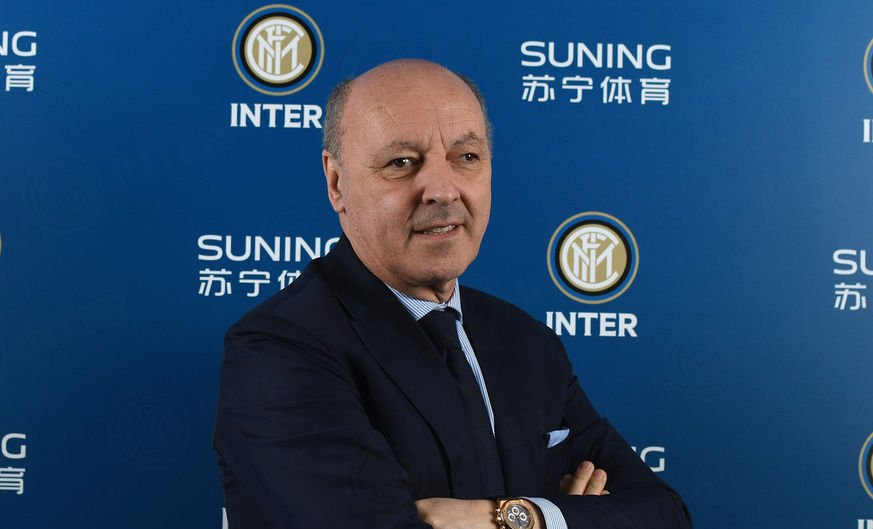Inter Milan CEO Beppe Marotta says the decision to abolish the Italian Growth Decree ‘represents an own goal for the world of football.’ The decision was confirmed last year, but the government were expected to extend the decree by two months, granting a temporary extension. Italian media have now confirmed that the tax break will end on 1st January 2024, something Marotta believes is an ‘own goal’ for not just football, but the country’s economy as well:
“At a time when Italian football is climbing up the European rankings, at a time when three Italian teams have participated as finalists in the three most important European competitions, at a time when two Italian clubs will be participating in the World Cup for clubs this abolition of this tax break in the growth decree represents an own goal for the world of football and for the country’s economy.”
“The tax relief represented a tool to facilitate the entry of players of clear interest into Italy, this today absolutely represents a handicap instead, as a result there will be an impoverishment from the point of view of the quality of the product that football generates, but not only directly but also for the induced activity that it manages to produce.
“Will the level of Serie A remain high? We will have to find solutions, although it will not be easy. Certainly the damage done will be truly irreparable, our competitiveness in the European sphere will decrease and therefore the domestic phenomenon will also be affected, because clearly when the big clubs are in difficulty even the small and medium-sized clubs have absolutely no advantages’.
“Change in strategies? In principle yes, because clearly this was a tool that facilitated the entry of players of clear interest who could increase the quality level of football in Italy, it is clear that the strategy will be changed and remedies will have to be found’.
“The Italian product was certainly not conditioned by this fiscal facilitation that favoured the entry of foreign players. On the contrary, the fact of having quality players allowed our young players to grow in a context that was certainly of great depth, and therefore I absolutely believe that the Made in Italy represented by the national teams will not find any advantage from this abolition.”





